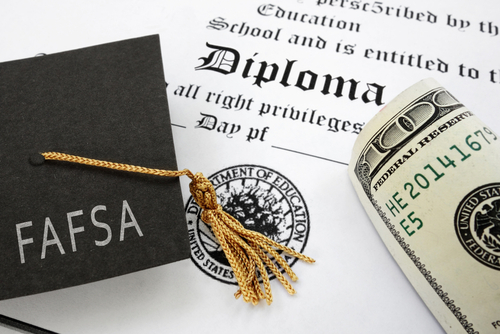U.S. Reps. Lloyd Doggett (D-TX) and Mike Kelly (R-PA) have introduced bipartisan legislation aimed at improving access to college financial assistance.

The legislation, H.R. 2543, would make any portion of a Pell Grant used for education-related expenses, like computers and childcare, tax-free. Currently, using Pell Grants to cover tuition reduces potential American Opportunity Tax Credit (AOTC) eligibility and creates barriers for students wishing to maximize their educational benefits. In many cases, the lawmakers said, students chose to forgo the AOTC and leave money that could benefit them unclaimed.
“Everyone deserves a chance at success, and we should be simplifying our tax code to unlock more support for students interested in going to college but who may need a little financial help to get there,” Doggett, a senior member of the House Ways and Means Committee, said. “This legislation would also expand eligible expenses under the existing tax credit to include computers and childcare, which for many is essential to achieving their dreams and growing our economy.”
Specifically, the legislation would ensure that Pell Grants are not treated as taxable income, even when used for non-tuition education expenses. Currently, Pell Grants, when used for tuition and fees, are treated as tax-free income. Additionally, the AOTC covers up to $2,500 in annual college tuition, fees and other education-related expenses with up to $1,000 of it refundable.
“Pell Grants are an important way for more lower-income Americans to get an education and work toward a successful career,” Kelly said. “More than 216,000 Pennsylvania students benefitted from Pell Grants last year. I’m again proud to join Congressman Doggett on this bipartisan legislation that will expand what these grants can be used for – including childcare and computers — so many more Americans, particularly single mothers, have the ability to access higher education to achieve long-term financial stability for themselves and their families.”
The legislation is also supported by the American Association of Community Colleges, American Association of State Colleges and Universities, American Council on Education, Association of American Universities, Association of Public and Land-grant Universities, and the National Association of Independent Colleges and Universities.